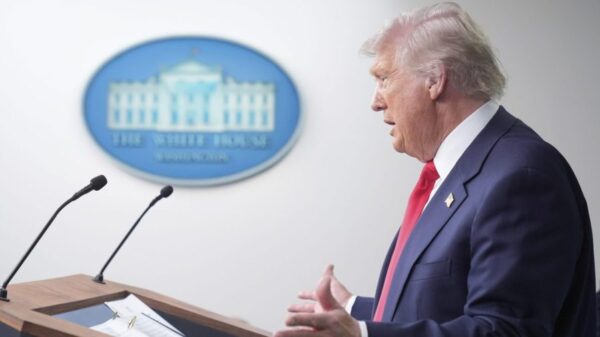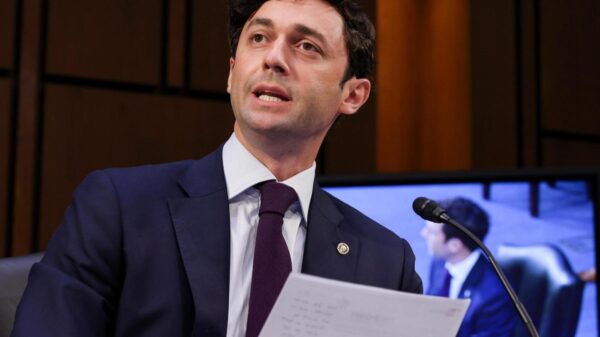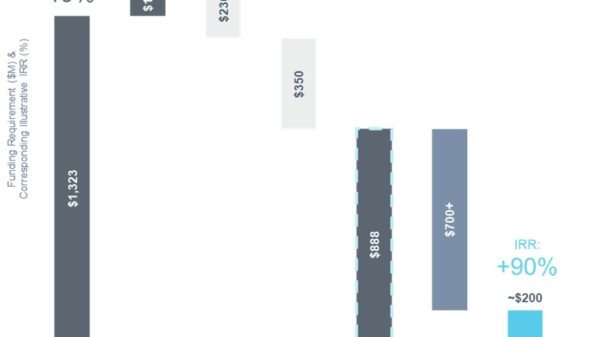CBS announced the cancellation of “The Late Show With Stephen Colbert,” with the show set to conclude in May 2026. The decision, according to CBS and its parent company, Paramount Global, is attributed solely to financial considerations, rather than political factors. This assertion is met with skepticism, particularly as Colbert has been a vocal critic of former President Donald Trump.
The cancellation comes at a time when traditional television networks are grappling with declining viewership as audiences increasingly turn to streaming services. Late-night television, once a lucrative platform for advertisers, has seen a significant shift, with many young male viewers opting for streaming alternatives or seeking specific segments online. This trend complicates the financial viability of programs like Colbert’s, which has been a staple of CBS since David Letterman first hosted the show in 1993.
CBS executives emphasized that the decision to end Colbert’s tenure was purely a financial one, stating, “The cancellation is not related in any way to the show’s performance, content or other matters happening at Paramount.” This statement comes in the wake of Colbert’s recent criticisms of Paramount’s dealings with Trump regarding a controversial “60 Minutes” story.
Support from Fellow Late-Night Hosts
In response to the cancellation news, Colbert has received an outpouring of support from his fellow late-night hosts. Jimmy Fallon expressed his shock, while Seth Meyers praised Colbert not only for his hosting skills but also for his character. Jimmy Kimmel did not hold back in directing an expletive toward CBS, reflecting the sentiments of many in the entertainment community. Colbert’s frequent target, Donald Trump, commented on social media, saying he “absolutely loves” the news of Colbert’s cancellation.
In the broader context of late-night television, Colbert’s departure marks the end of a significant era. His role as a prominent critic of Trump resonated with many viewers who appreciated his blend of humor and political commentary. As CBS prepares to move forward without Colbert, the network faces the challenge of replacing a figure who has become synonymous with late-night television over the past eight years.
Challenges Facing Traditional Television
The economic landscape for television networks is increasingly challenging. With an ongoing shift towards streaming platforms, advertisers are reevaluating their strategies. The traditional late-night audience, once considered a prime demographic for reaching difficult-to-access young men, is now splintering. Many viewers prefer streaming options that allow them to consume content on their own terms, often bypassing advertisements altogether.
As networks like CBS navigate this evolving environment, they are forced to make tough decisions regarding programming and resource allocation. The cancellation of “The Late Show With Stephen Colbert” reflects these difficult choices and raises questions about the future of other late-night shows that may find themselves in similar predicaments.
As the industry adapts to these changes, the impact on both viewers and creators remains to be seen. The landscape of television continues to evolve, and with it, the role of late-night programming in American culture and media.































































